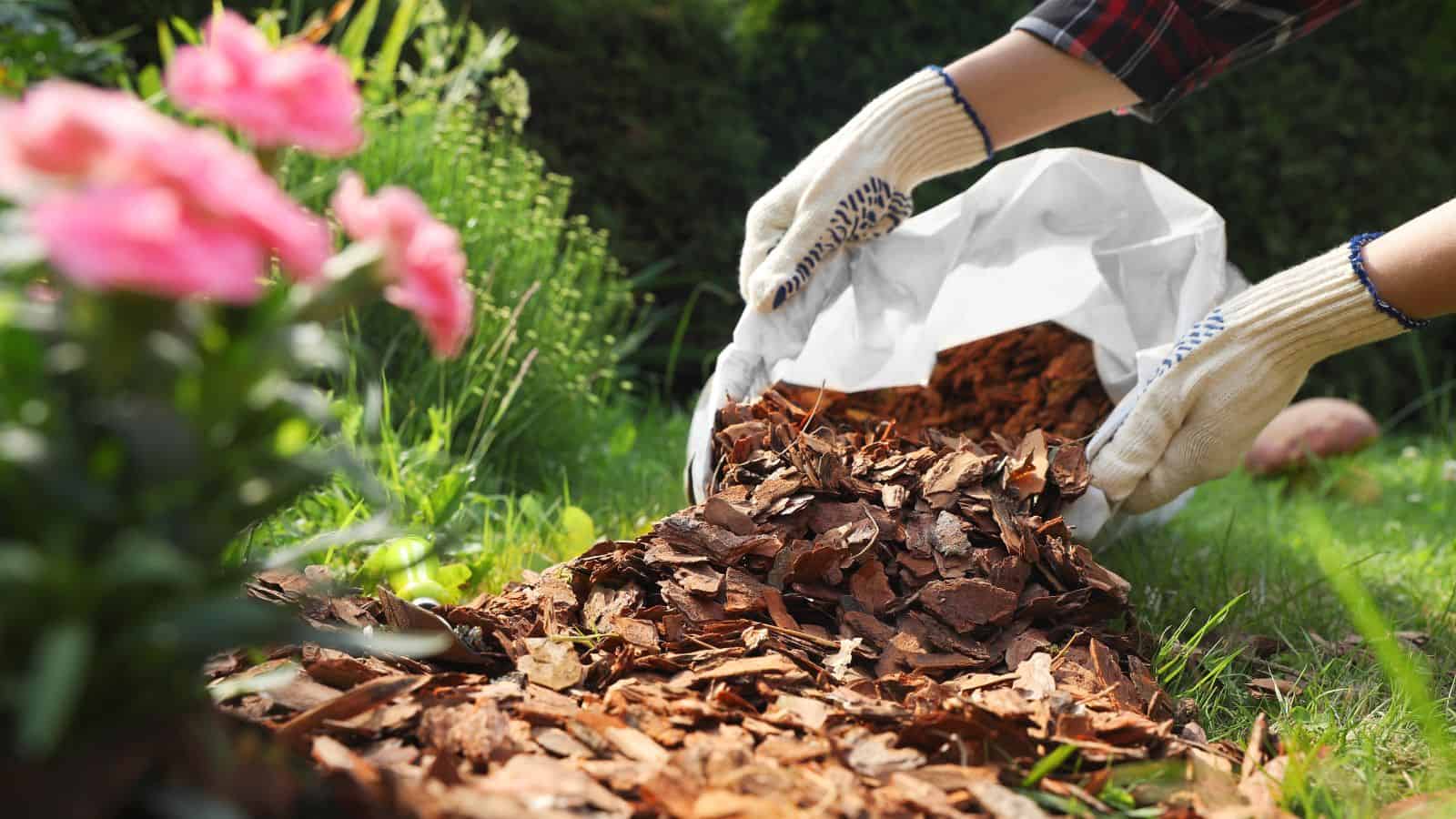Starting a sustainable garden is a rewarding way to grow your own food and flowers while protecting the environment. Sustainable gardening practices reduce waste, conserve resources, and promote biodiversity. Here are five sustainable gardening practices for beginners to help you get started.

1. Composting
Composting is an excellent way to recycle kitchen scraps and yard waste into nutrient-rich compost that improves soil health. By composting, you reduce the amount of waste sent to landfills and create a valuable resource for your garden.
Composting Tips:
- Compost Bin: Use a compost bin or create a compost pile in your garden.
- Materials: Add a mix of green (nitrogen-rich) materials like fruit scraps and grass clippings, and brown (carbon-rich) materials like leaves and cardboard.
- Maintenance: Turn the compost regularly to aerate it and speed up decomposition. Keep it moist but not waterlogged.
2. Mulching
Mulching helps conserve soil moisture, suppress weeds, and improve soil structure. Organic mulch, such as wood chips, straw, or compost, breaks down over time, adding nutrients to the soil.
Mulching Tips:
- Application: Apply a 2-4 inch layer of mulch around your plants, but keep it a few inches away from the stems to prevent rot.
- Types of Mulch: Use materials like wood chips, straw, or shredded leaves for the best results.
3. Water Conservation
Conserving water is a key aspect of sustainable gardening. Efficient watering practices ensure your plants get the moisture they need without wasting water.
Water Conservation Tips:
- Drip Irrigation: Install a drip irrigation system to deliver water directly to the roots of your plants, reducing evaporation and runoff.
- Watering Schedule: Water your garden early in the morning or late in the evening to minimize water loss due to evaporation.
- Rainwater Harvesting: Collect and store rainwater to use for watering your garden during dry periods.
4. Using Native Plants
Native plants are well-adapted to your local climate and soil conditions. They require less water, fertilizer, and maintenance than non-native species, making them an excellent choice for sustainable gardening.
Native Plant Tips:
- Research: Choose native plants that thrive in your region and provide food and habitat for local wildlife.
- Diversity: Incorporate a variety of native plants to create a diverse and resilient garden ecosystem.
5. Avoiding Chemical Pesticides
Chemical pesticides can harm beneficial insects, soil health, and water quality. Instead, use natural pest control methods to protect your garden without damaging the environment.
Natural Pest Control Tips:
- Companion Planting: Plant certain herbs and flowers alongside your crops to repel pests naturally.
- Beneficial Insects: Encourage beneficial insects like ladybugs and predatory beetles that prey on garden pests.
- Hand-Picking: Manually remove pests from your plants when possible.
By adopting these sustainable gardening practices, you can create a healthy, productive garden while minimizing your environmental impact. These practices not only benefit your garden but also contribute to the overall health and sustainability of the planet.
